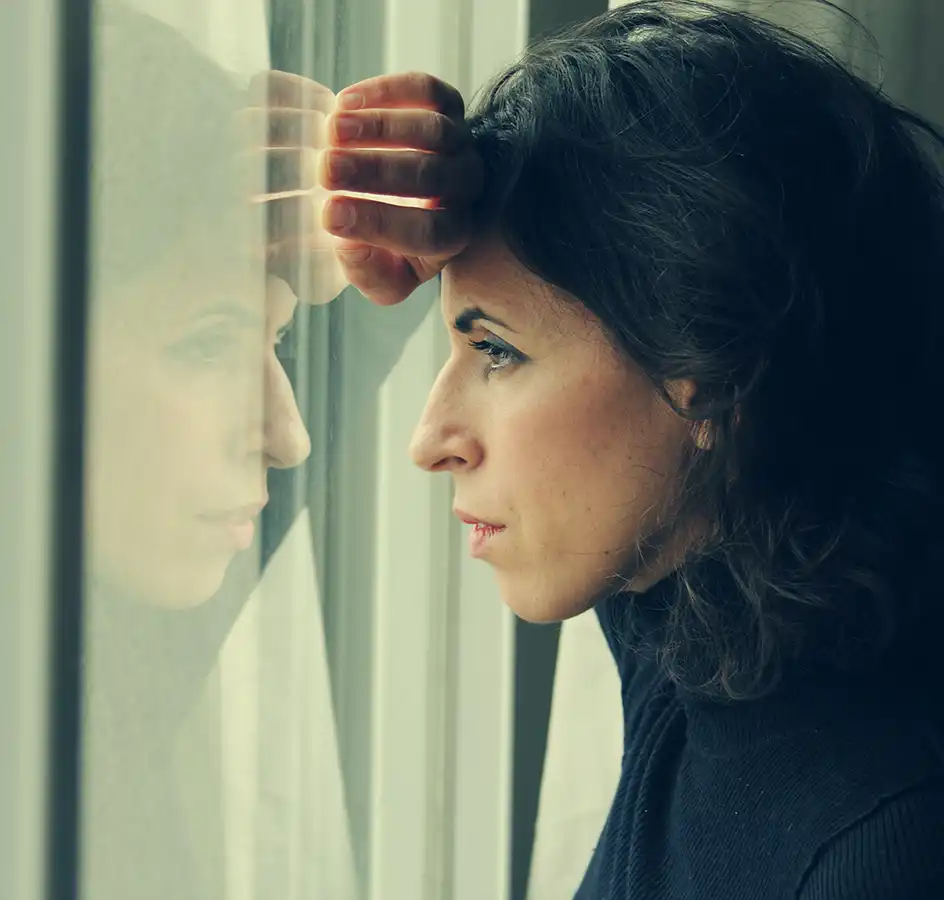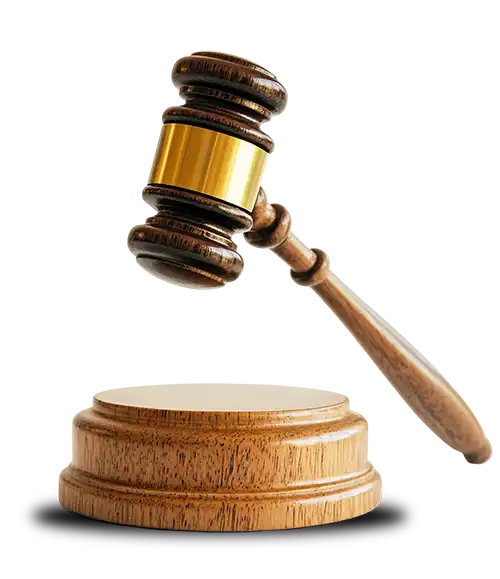Child sexual abuse (sometimes referred to as CSA) is a deeply traumatic and unforgivable crime that no child should ever experience. Heartbreakingly, nearly one in ten children will endure sexual abuse before turning 18. While nothing can ever truly erase the pain and damage caused, every survivor deserves the opportunity to seek justice and hold their abuser accountable.
Coming forward takes immense courage, and we understand that the process can feel frightening. But you are not alone. Across the nation, survivors are using the legal system not just to seek compensation, but to expose wrongdoing and drive meaningful change.
This page explains your rights as a survivor or parent of a survivor, how CSA claims work, and what support is available to help you through every stage.
What Is a CSA Claim?
A CSA (Child Sexual Abuse) claim is a legal action filed by a survivor who experienced sexual abuse as a minor. These claims seek justice, financial compensation, and accountability—not only from individual abusers but also from institutions that allowed the abuse to happen or failed to act. For many survivors and their families, pursuing a CSA claim is a meaningful step toward healing and closure
Child Sexual Abuse Statute of Limitations
Survivors of child sexual abuse often have more time to take legal action than they might think. In most cases, you can file a lawsuit up until age 48. This extended window gives survivors the chance to hold abusers accountable, even decades later. If you're within this timeframe, now is the moment to explore your legal options and pursue the justice and compensation you deserve.
Institutions Commonly Linked to Child Sexual Abuse
While abuse is committed by individuals, certain institutions have been repeatedly linked to higher risks because they grant adults significant access, authority, and control over children. In these settings, predators can exploit trust, power, and a lack of oversight to commit abuse. Certain institutions have a history of turning a blind eye to child sexual abuse reports. Institutions that have been at the center of many child sexual abuse cases include:
When institutions fail to protect children, whether through negligence, lack of safeguards, or deliberate cover-ups, they can be held legally accountable for the harm caused. Parents and guardians must stay informed about the policies, screening processes, and reporting procedures in any organization that works with children.
Child Sexual Abuse Lawsuit Compensation: What to Expect
The impact of childhood sexual abuse is profound—affecting survivors physically, emotionally, and financially. A lawsuit against the responsible individuals or institutions aims to provide compensation for both the tangible costs and the lasting emotional toll of the abuse. Survivors may be entitled to damages such as:
- Medical expenses
- Counseling and therapy costs
- Pain and suffering
- Scarring or disfigurement
- Emotional distress and mental anguish
- PTSD and other psychological conditions
- Loss of enjoyment of life
- Reduced ability to earn income
Proving these damages can be complex, especially when the abuse happened years ago. However, skilled child sexual abuse attorneys know how to build a strong case, gather the right evidence, and fight to secure the justice and compensation survivors deserve.






















